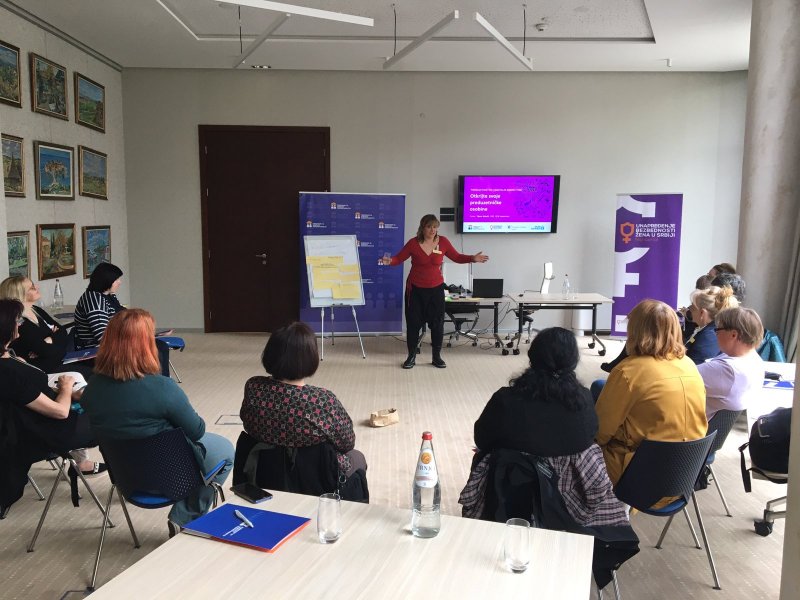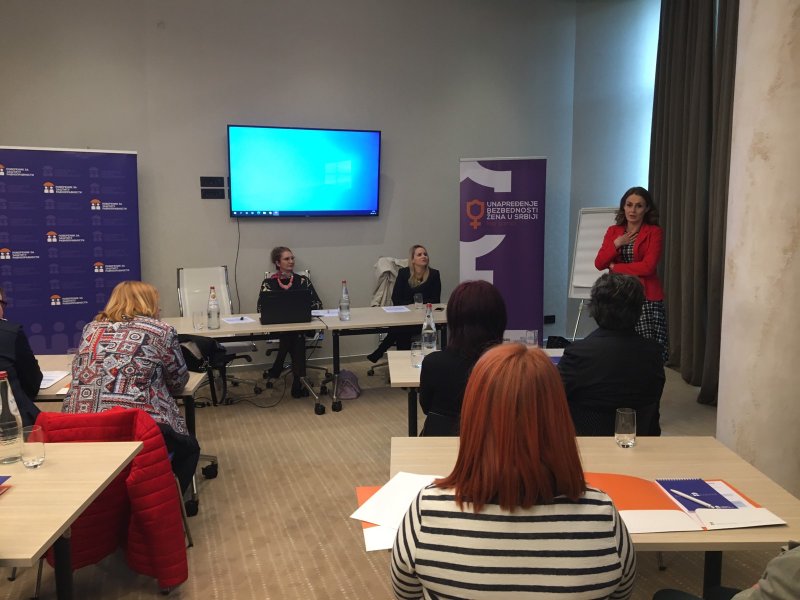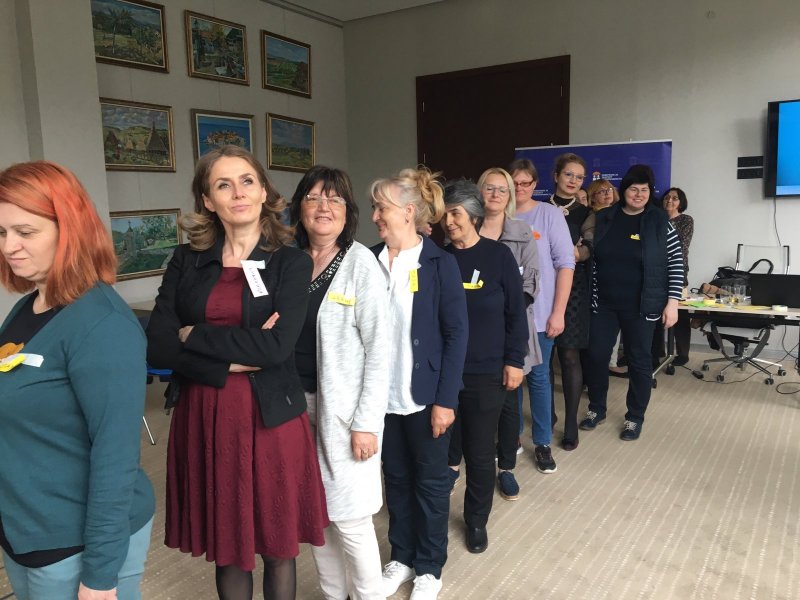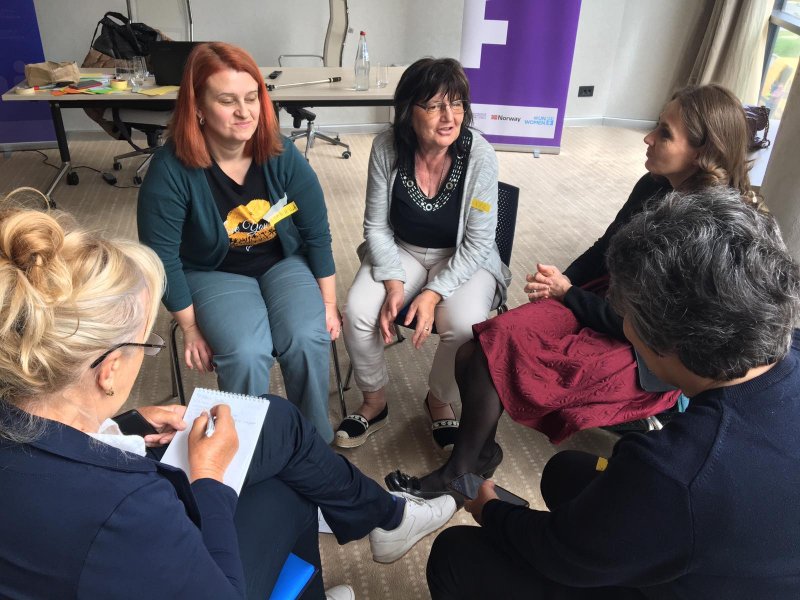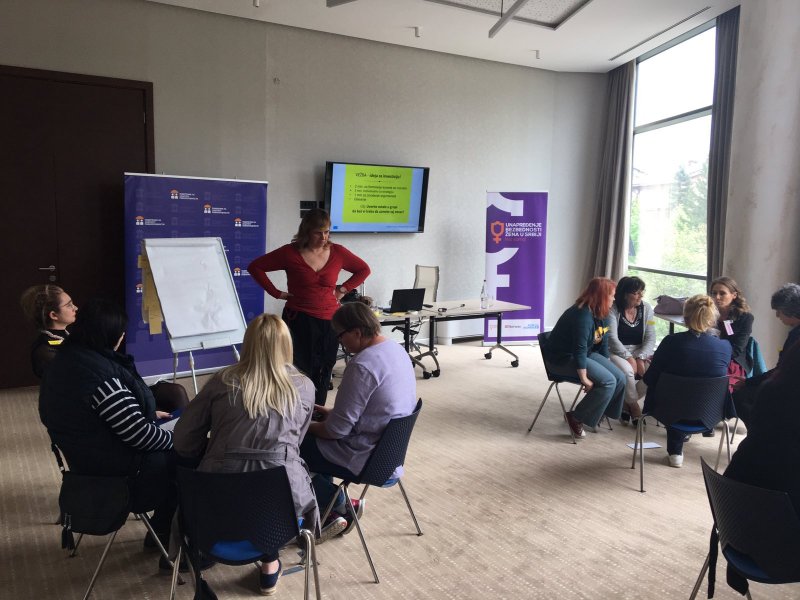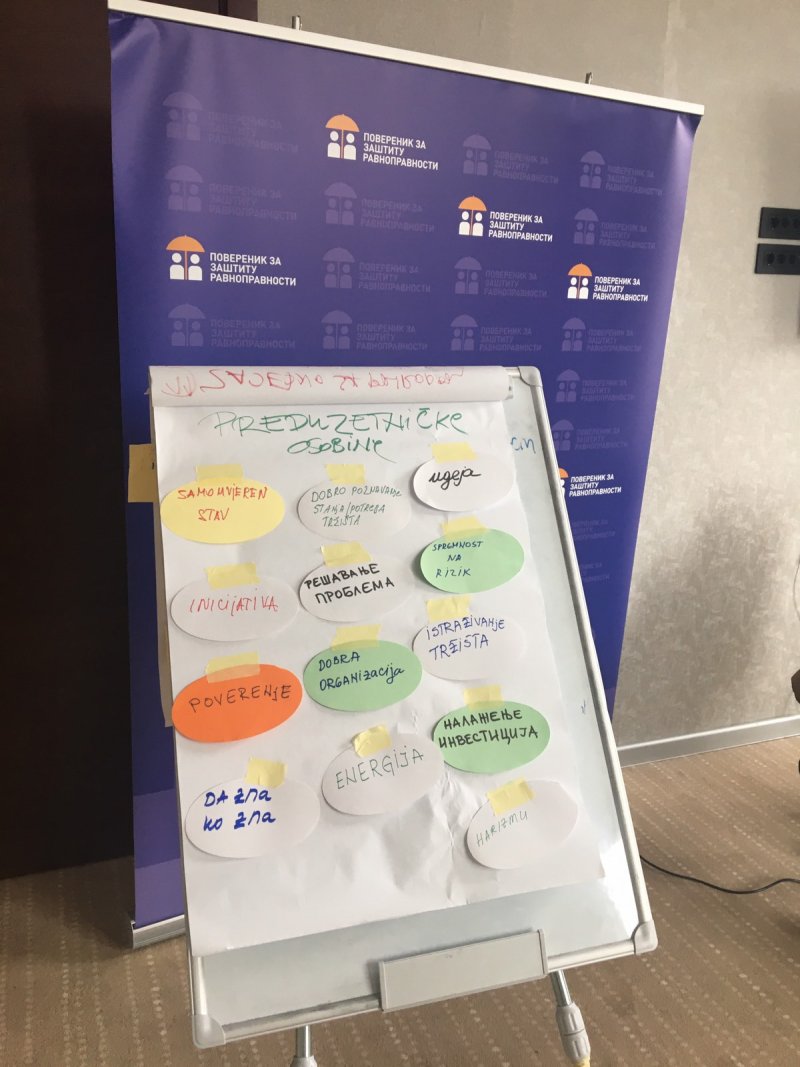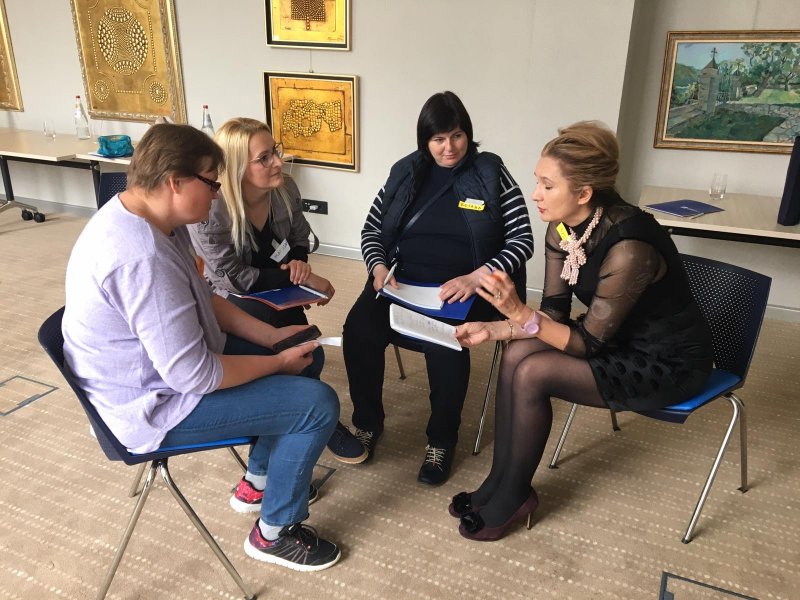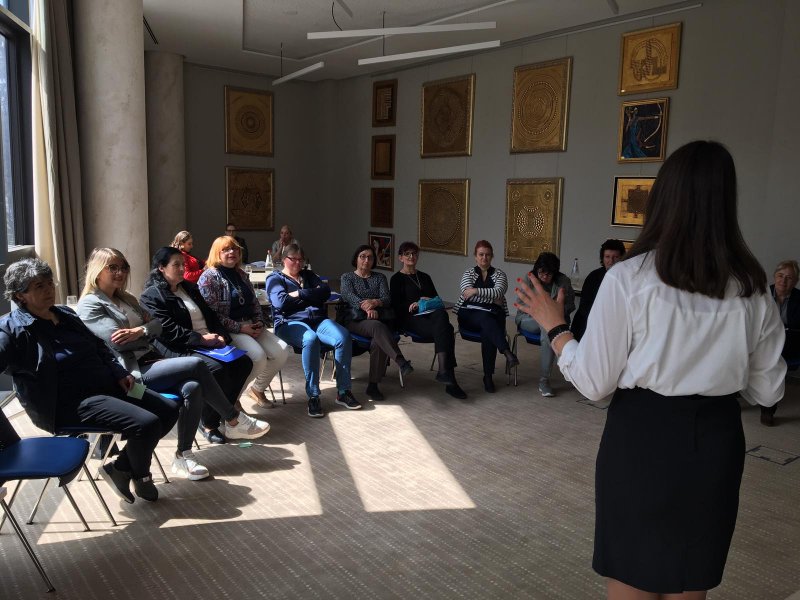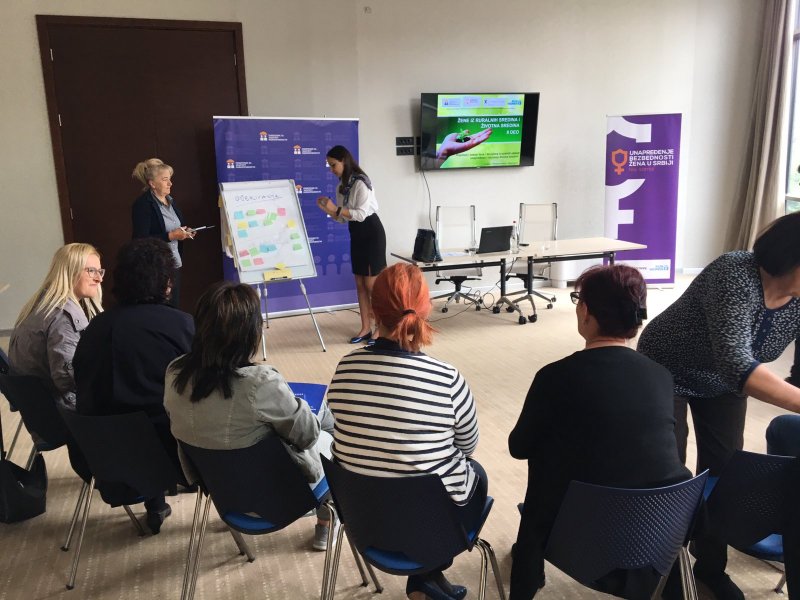Improving the position of women in rural areas is important for the whole society, and acquiring new knowledge and skills is most important for achieving economic independence, as a basic condition for improving the quality of life and reducing the risk of discrimination and gender-based violence, said the Commissioner for the Protection of equality Brankica Janković at the end of a three-day training for economic empowerment of rural women. The Commissioner pointed out that training for digital marketing and better marketing of products, as well as education of women from rural areas in the field of ecology and sustainable development will create a new development opportunity for them and open space for sustainable, green agriculture on small farms. Apart from the direct assistance received by rural women within the project “Improvement of the position of women and girls from rural areas”, implemented by the United Nations Agency for Gender Equality and Women’s Empowerment (UN WOMEN) with the support of the Norwegian Embassy in Belgrade, the training proved to be the best way to improve their position at the labor market in general, said Janković.
On the eve of the International Labor Day, the Commissioner also referred to the position of workers in the labor market in the conditions of the two-year pandemic and the new crisis due to the war in Ukraine, stating that these circumstances drastically changed the labor market, jeopardized the survival of entire industries, and threatened many jobs around the world. The Commissioner noted that the measures taken to preserve jobs were important from the aspect of mitigating negative consequences, but that it must be continued in that direction because the economic challenges we are facing require innovative solutions and dialogue of all social actors due to the indisputable need for better regulation of labor relations.
Janković emphasized that regardless of all the difficulties, the rights to decent work and equality must be respected, especially in the current situation when there are additional problems in achieving equality on the labor market. She said that a quarter of the complaints last year were related to discrimination in the field of labor and employment, stating that she sees this as a positive thing and the readiness of citizens to report discrimination. It is also one more indication that it is necessary to improve the legal framework in the field of labor, especially safety at work, Janković concluded.
